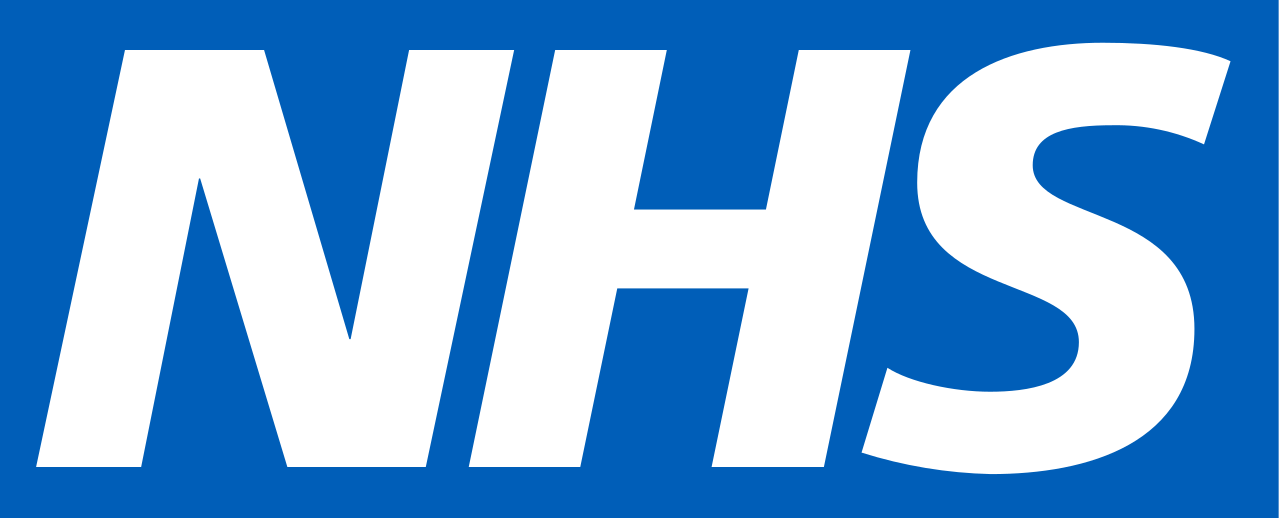What is Bribery and Corruption?

The Bribery Act (2010) details four offences relating to corrupt behaviour. These are:
- Offering a bribe (The offering, promising or giving a bribe to another person to perform a relevant ‘function or activity’ improperly, or to reward a person for the improper performance of such a function or activity).
- Accepting a bribe (Requesting, agreeing to receive or accepting a bribe to perform a function or activity improperly, irrespective of whether the recipient ofthe bribe requests or receives it directly or through a third party, and irrespective of whether it is for the recipient’s benefit).
- Bribing a foreign public official.
- Failure of a commercial organisation to prevent bribery (An NHS health body is considered to be a ‘commercial organisation’).

It is essential that:
- Employees, or their family and friends must not profit in any way from their employment with an NHS organisation apart from their salary and other entitlements.
- Employees must declare any interests, which may prejudice their requirement to act honestly and fairly at all times, in accordance with their organisation’s Standards of Business Conduct Policy (or equivalent).
- Employees must be, and be seen to be, honest and incorruptible in their dealings with colleagues, patients and other persons or organisations.
- Employees must declare all gifts and hospitality in accordance with their organisation’s Standards of Business Conduct Policy (or equivalent).

Suspicions of corrupt behaviour should be reported to your Local Counter Fraud Specialist or The NHS Counter Fraud Authority. Allegations of suspected bribery offences will normally be investigated by the NHS Counter Fraud Authority.
More fraud information:
![]()
